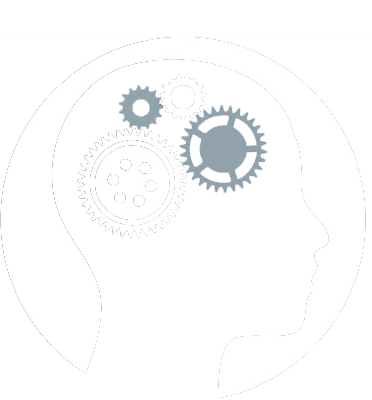“Think Twice” launches: Media literacy tips in a social media format
Lie Detectors has teamed up with the German Press Agency (dpa) to promote a new video series to counteract the spreading of false information online.
The clips are distributed via channels such as Instagram and TikTok and show young users how they can recognise false information themselves. The series is part of the international “Think Twice” project initiated by dpa to curb disinformation.
The first video can be found on Youtube here, by using the hashtag #Stopthinktwicecheck on social media channels, and on www.stop-thinktwice-check.eu.
“Social media is an important source of information, especially for younger people. However, to avoid falling for fakes, they need to be able to correctly assess sources and recognise warning signs,” says Teresa Dapp, head of dpa’s fact-checking team. “With our new videos, we convey the necessary knowledge in a simple and clear way.”
The current example of the conflict in the Middle East shows how rapidly disinformation is spreading online. In addition, there are tools such as ChatGPT or Midjourney, with which anyone can use to create fake content that looks real with the help of artificial intelligence.
In the next step, accompanying teaching materials for schools will be offered as well. From April 2024, young people will also have the opportunity to participate in the project. They can take part in video conferences and workshops in a community with a virtual newsroom and create their own videos.
The EU-funded project will run until the end of September 2025 and brings together partners from several countries, including Lie Detectors, Faktabaari from Finland and Verificat from Spain.
More information can be found at: www.stop-thinktwice-check.eu
The project is funded by the European Union but views and opinions expressed are however those of the authors only and do not necessarily reflect those of the European Union or the European Education and Culture Executive Agency (EACEA). Neither the European Union nor the granting authority can be held responsible for them.



